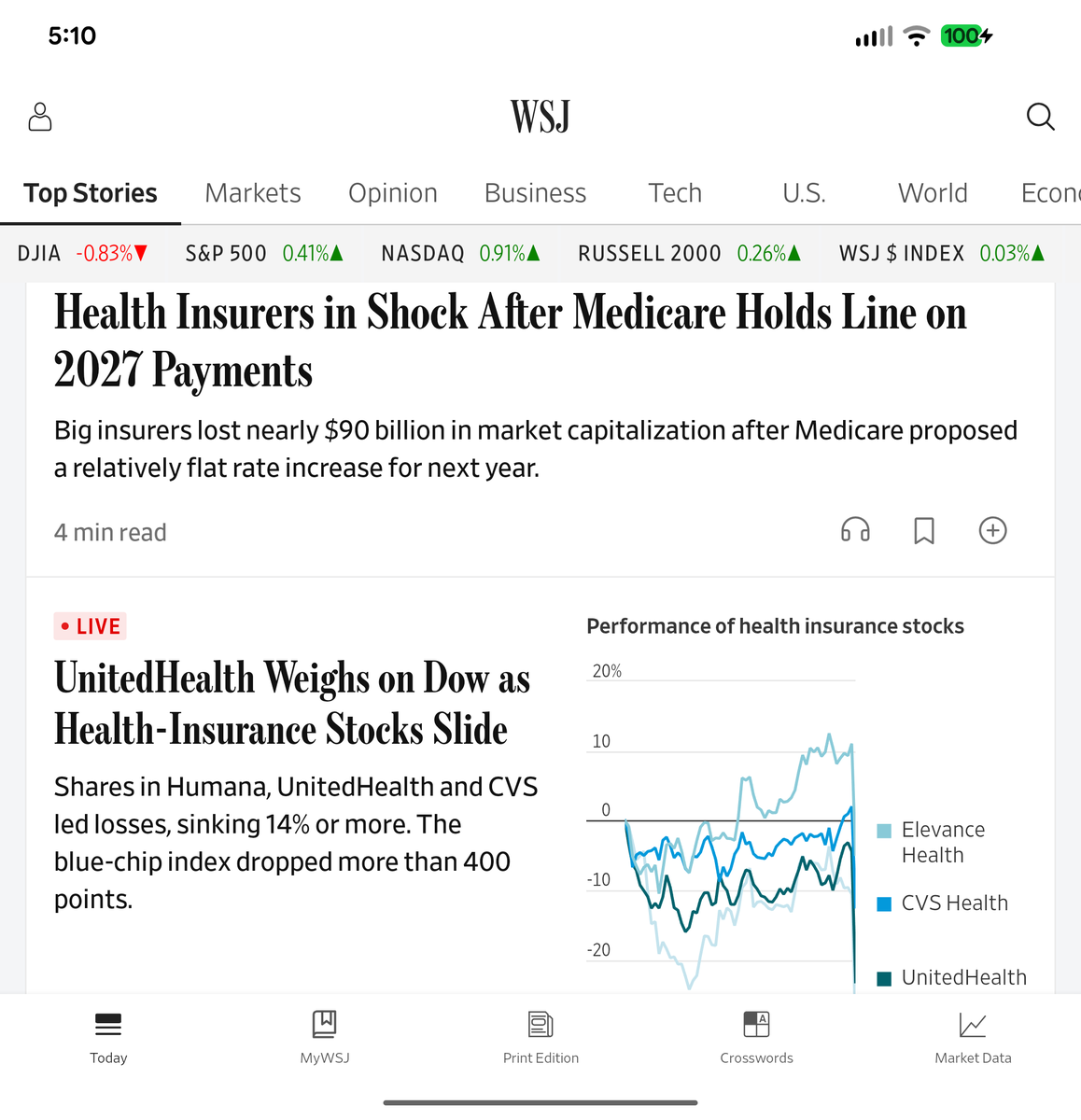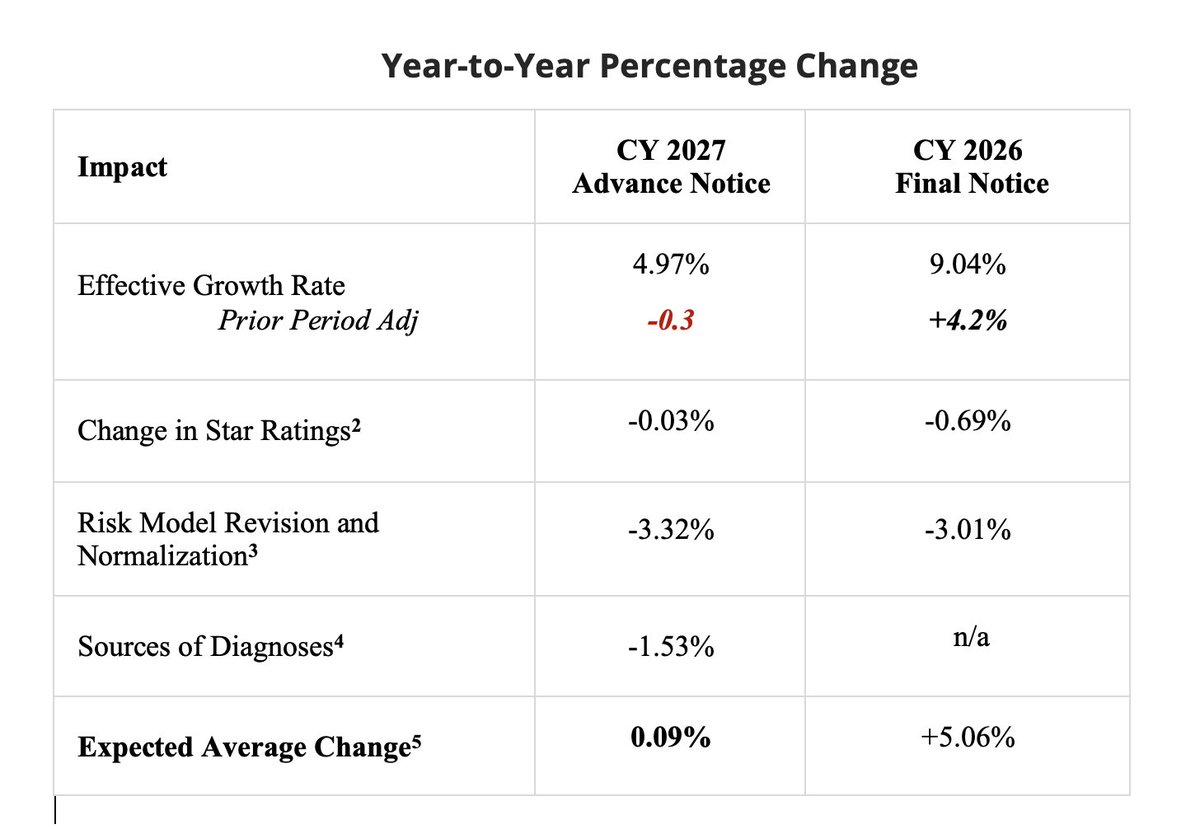1/ After residency at Mass General Hospital, I reported to Atlanta to meet my fellow CDC Epidemic Intelligence Service Officers.
I have never felt so intimidated by my peers
The best and the brightest, they were star clinicians, had served in disaster zones; MD/PhDs and MSF.
I have never felt so intimidated by my peers
The best and the brightest, they were star clinicians, had served in disaster zones; MD/PhDs and MSF.
2/ We were placed at various centers throughout CDC, learning from the world's experts- in tuberculosis, mosquito-borne diseases, food-borne diseases, ...
and some of us were placed with state & local Health departments to be on the front lines of outbreak response
and some of us were placed with state & local Health departments to be on the front lines of outbreak response
3/ In my first day on the job, I got into a city sanitation car to investigate an outbreak of bloody diarrhea at a state psychiatric facility.
My boss has served in the EIS. Her boss, the legendary head of the NYC Bureau of Communicable Disease had also.
Our commissioner too.
My boss has served in the EIS. Her boss, the legendary head of the NYC Bureau of Communicable Disease had also.
Our commissioner too.
4/ Over the next 24 months we got intensive training in epidemiology, public health informatics, statistics.
But we also went to the bedside.
The logo of the EIS is a shoe with a hole on it
To me, the worn out shoe perfectly encapsulated the spirit of humility and service
But we also went to the bedside.
The logo of the EIS is a shoe with a hole on it
To me, the worn out shoe perfectly encapsulated the spirit of humility and service

5/ I investigated outbreaks of listeria that was causing deaths in cancer patients and pus-filled abscesses in stillborn children.
We found and recalled the contaminated hot dogs.
and innovated new genomic methods for identifying outbreaks faster.
We found and recalled the contaminated hot dogs.
and innovated new genomic methods for identifying outbreaks faster.

6/ I traced an outbreak of Vibrio (a cousin of the bacteria that causes cholera) to oysters harvested in Long Island Sound that had become contaminated in 77 degree August waters and put in a stop order that broke the outbreak 

7/ I was the officer on duty when a child was bitten by a bat that might have been rabid.
I was on call for clusters of salmonella, church and mosque potlucks, Hepatitis outbreaks among restaurant-goers, and more.
I was on vacation when birds started dying in a Bronx zoo
I was on call for clusters of salmonella, church and mosque potlucks, Hepatitis outbreaks among restaurant-goers, and more.
I was on vacation when birds started dying in a Bronx zoo
8/ There was also a cluster of cases of fever and encephalopathy in Queens. Many died.
We sent biopsies and blood tests to the only lab in the country that could diagnose what was going on.
West Nile Virus
The lab and the scientists proudly wore a CDC badge.
So did I
We sent biopsies and blood tests to the only lab in the country that could diagnose what was going on.
West Nile Virus
The lab and the scientists proudly wore a CDC badge.
So did I

9/ This was the first time that virus had ever been seen in the New World, and birds-especially crows had fallen dead in piles in Queens before the human cases- they had no immunity
We developed a methodology to use statistical clustering to identify the spread of the virus.
We developed a methodology to use statistical clustering to identify the spread of the virus.

10/ CDC's experts had investigated West Nile - in Romania, and other arboviral illnesses- throughout the world.
So when the outbreak came to our shores they could advise the local health department.
My fellow EIS Officers helped me go door-to-door in Queens, drawing blood

So when the outbreak came to our shores they could advise the local health department.
My fellow EIS Officers helped me go door-to-door in Queens, drawing blood


11/ West Nile was the biggest public health response I had seen.
Until 9/11
I came out of the subway at Chambers-WTC to go to work shortly after the second plane hit.
I didn't go home til dawn broke the next day, through streets filled with white ash and the burnt stench
Until 9/11
I came out of the subway at Chambers-WTC to go to work shortly after the second plane hit.
I didn't go home til dawn broke the next day, through streets filled with white ash and the burnt stench
12/ Some of the only planes that flew on Sept 12 carried EIS Officers from around the country to NYC to help.
We were worried about a biterrorist attack, and rapidly set up a system that collected symptom data around the clock from patients coming into Emergency Departments.

We were worried about a biterrorist attack, and rapidly set up a system that collected symptom data around the clock from patients coming into Emergency Departments.


13/ That rudimentary manual system - staffed by humans- public health workers- morphed into "syndromic surveillance" that analyzed electronic ED and hospital triage data to detect illness clusters.
A system that's become a third pillar of public health surveillance today
A system that's become a third pillar of public health surveillance today

14/ And then, a month later, we did have a bioterrorist attack- weapons-grade anthrax- through the mail.
I saw my first coal-black anthrax "eschar" then
And in a hospitalized baby the second
And worried that I might carry the spores home to our baby too.
But we kept working

I saw my first coal-black anthrax "eschar" then
And in a hospitalized baby the second
And worried that I might carry the spores home to our baby too.
But we kept working


15/ Those were some of my memories of my years spent at the EIS, with some of the brightest and hardest working colleagues I've ever had.
Many went on to lead their divisions at CDC, to become state health officers and city epidemiologists. Led international orgs
and now?
Many went on to lead their divisions at CDC, to become state health officers and city epidemiologists. Led international orgs
and now?
16/ When you hear, "the CDC's Epidemic Intelligence Service class was cancelled and the officers fired" I hope this gives you a sense of what has been lost.
Not just the outbreaks that can't be investigated, the surge capacity gone, but our future public health leadership lost
Not just the outbreaks that can't be investigated, the surge capacity gone, but our future public health leadership lost
• • •
Missing some Tweet in this thread? You can try to
force a refresh










